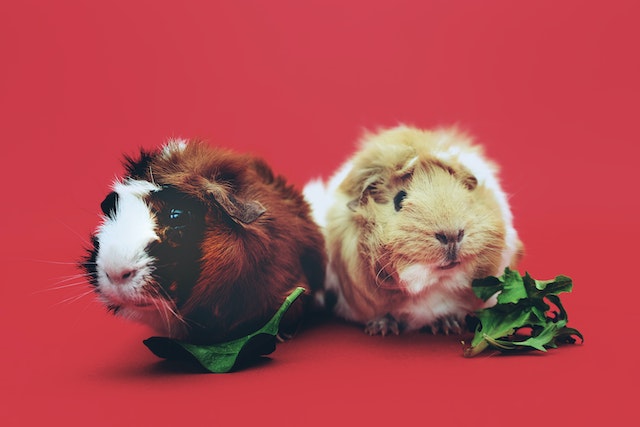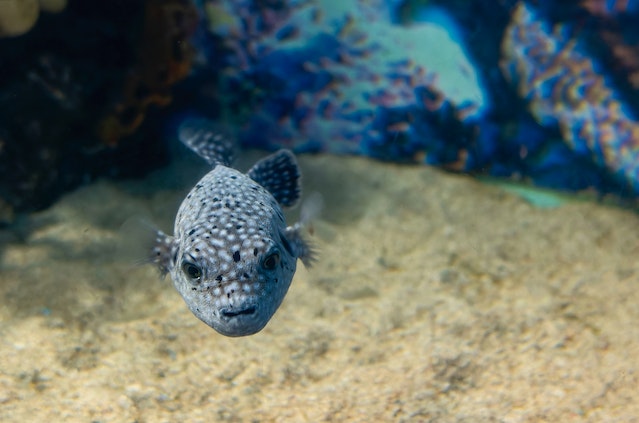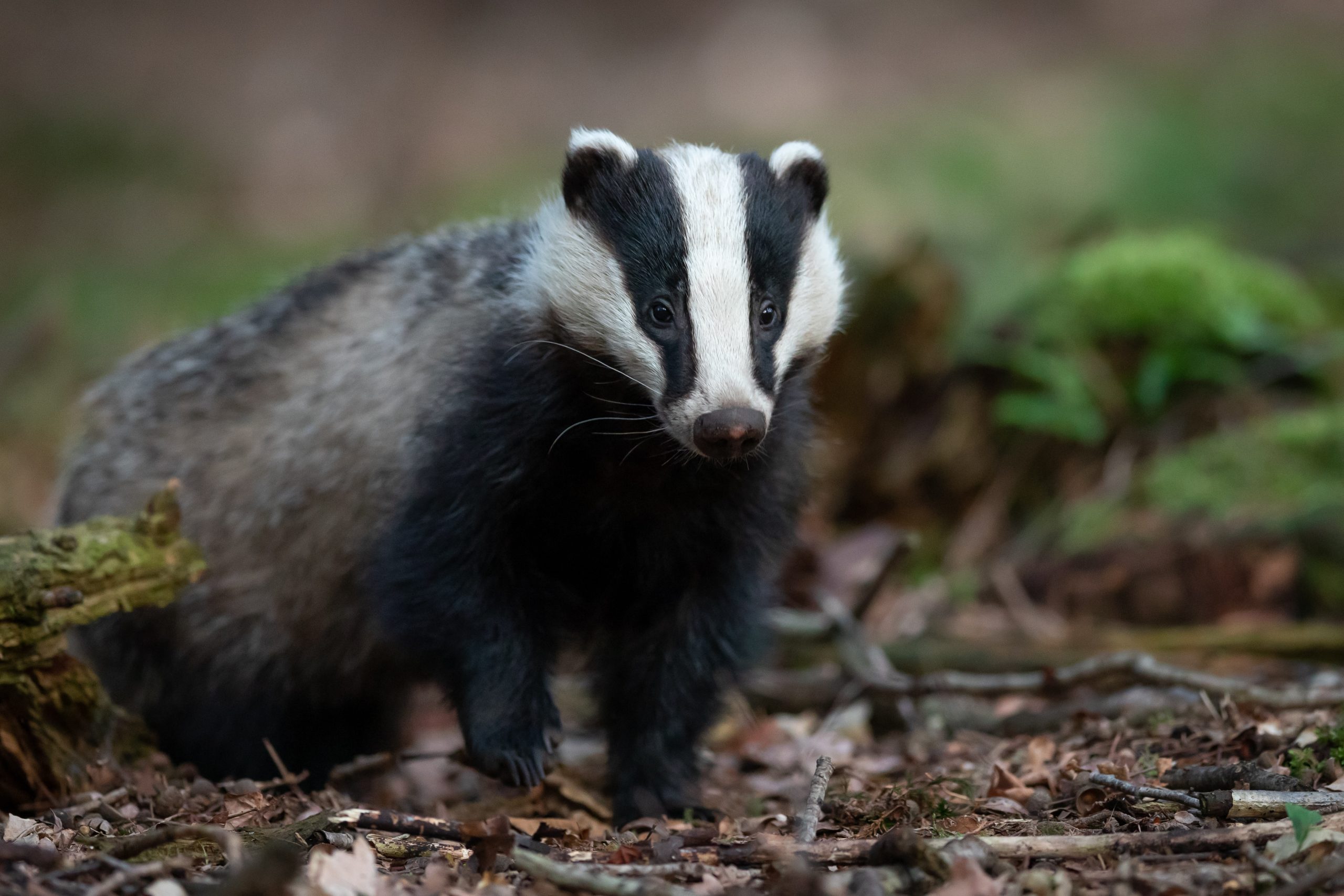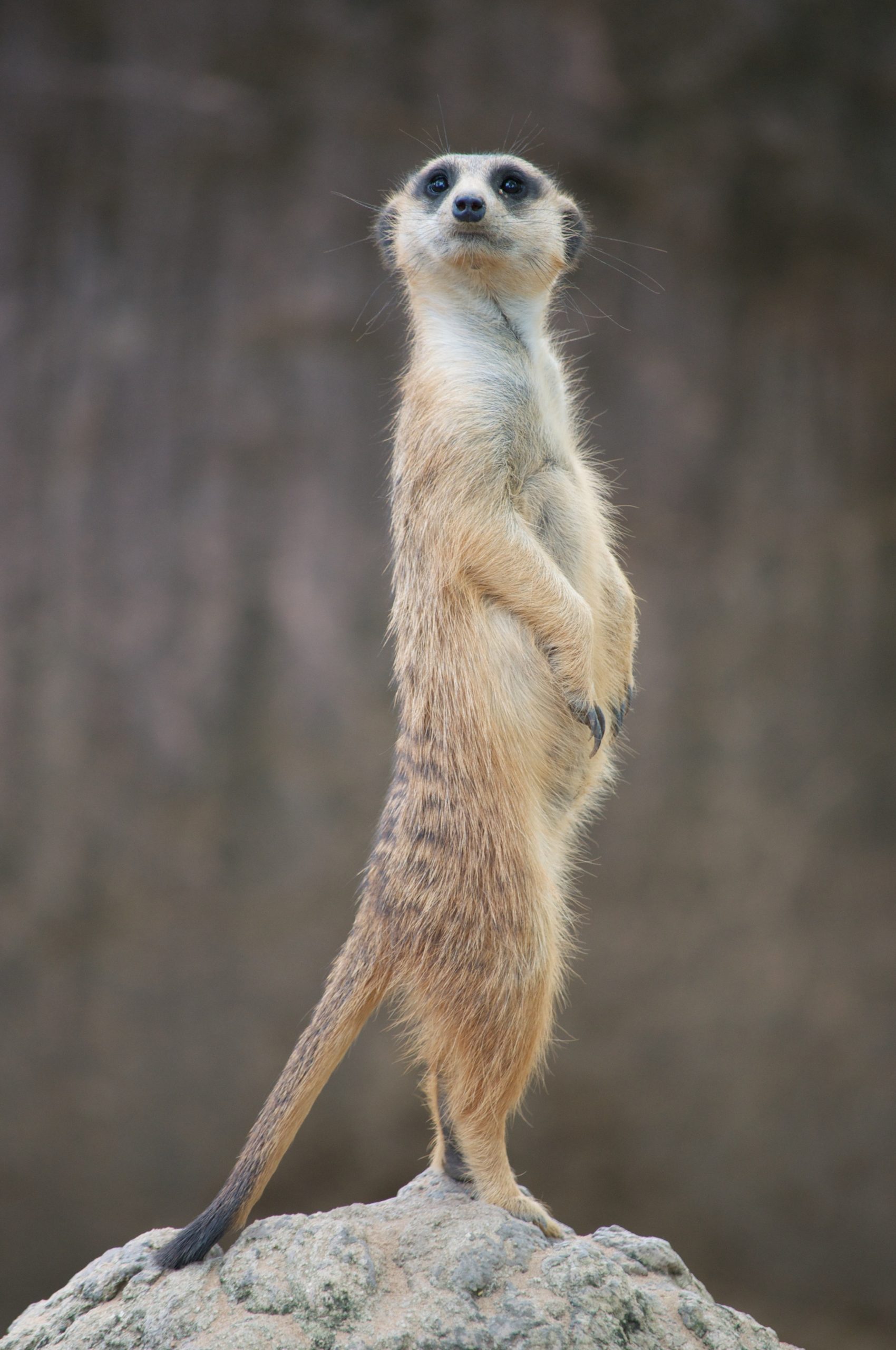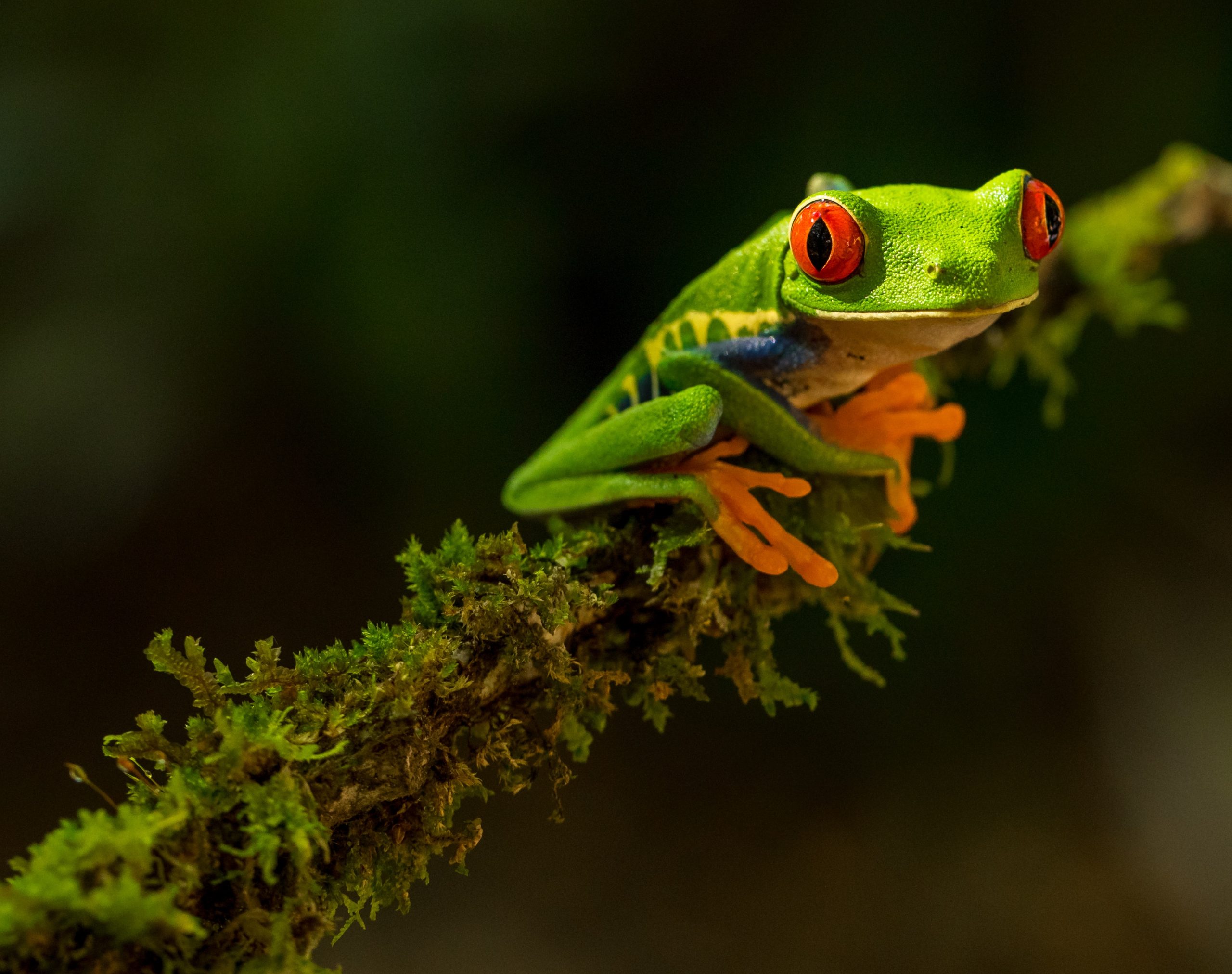If you’re considering getting a guinea pig as a pet, you’re in for a delightful and rewarding experience. Guinea pigs, also known as cavies, are adorable small animals with charming personalities. To help you get started, here’s a beginner’s guide to keeping these cute critters as pets:
- Housing: Guinea pigs need a spacious and comfortable cage to live in. A wire or plastic-bottomed cage with a solid base works well. The cage should be large enough to allow your guinea pig to move around freely. Provide bedding made of paper or aspen shavings to keep them comfortable and absorb any waste.
- Socialization: Guinea pigs are social animals and thrive on companionship. It’s recommended to keep them in pairs or small groups to prevent loneliness. If you’re getting a single guinea pig, be prepared to provide extra social interaction yourself. Spend time daily talking to, petting, and playing with your guinea pig to foster a strong bond.
- Diet: Guinea pigs require a balanced diet to stay healthy. Their diet should consist mainly of high-quality hay, such as timothy hay, which is essential for dental health and digestion. Additionally, provide fresh vegetables daily, such as leafy greens (e.g., lettuce, kale, spinach), bell peppers, and carrots. Pellets formulated specifically for guinea pigs can supplement their nutritional needs, but should be given in moderation.
- Fresh Water: Ensure your guinea pig always has access to clean, fresh water. Use a water bottle with a sipper tube attached to the cage, as it keeps the water clean and prevents spillage. Check the water bottle regularly to ensure it is working properly and refill it as needed.
- Health Care: Regular veterinary check-ups are important to keep your guinea pig in good health. Find a veterinarian experienced in treating small animals, preferably one who specializes in guinea pigs. Routine check-ups can help detect any potential health issues early on. Also, be observant of your guinea pig’s behavior, appetite, and appearance, and consult a vet if you notice any signs of illness.
- Exercise and Playtime: Guinea pigs need regular exercise to stay active and maintain a healthy weight. Provide them with a secure and supervised play area outside their cage where they can explore and roam around. Make sure the area is free from any hazards or potential escape routes. Additionally, provide toys, tunnels, and hiding spots to keep them mentally stimulated.
- Grooming: Guinea pigs are generally clean animals and groom themselves. However, regular brushing with a soft brush can help remove loose fur and prevent matting. Keep an eye on their nails and trim them as needed to avoid overgrowth. If your guinea pig has long hair, it may require occasional haircuts or specialized grooming.
- Child-Friendly Pets: Guinea pigs are often recommended as suitable pets for children. However, supervision and gentle handling are necessary to ensure the well-being of both the child and the guinea pig. Teach children how to approach and handle guinea pigs with care, emphasizing the importance of being gentle and not squeezing or dropping them.
Remember, guinea pigs are living beings that require love, attention, and proper care. They can bring immense joy and companionship to your life. With patience and commitment, you’ll develop a strong bond with your adorable guinea pig and enjoy the rewarding experience of being a cavy owner.






